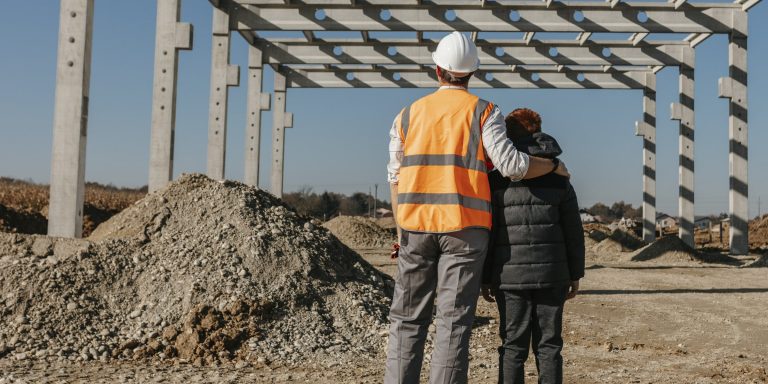HR tech is big business. According to reports, the global human resource technology market is projected to grow from $24.04 billion in 2021 to $35.68 billion in 2028. There’s a good reason for this growth – companies are realizing they can do more with less when they use digitization to improve their processes.
That being said, there are many different types of HR tech on the market. But our HR Tech Buyers Guide can help demystify the process, so you purchase exactly what you need.
Why Digitization is Important
First off, it’s important to know why you need to figure out which pieces of HR tech you should invest in. Digitization is essential because it offers so many advantages. According to The ECM Consultant, digitization offers the following:
- Faster access to information
- Improved customer experience
- Increased productivity
- Lower operational costs
- Improved decision making
- Improved information security
- Higher mobility
- Automation of business processes
- Agility
- Disaster recovery
Why You Need Digitization in Construction
Doing things the same way just because “that’s how you’ve always done it,” just won’t fly anymore. The construction industry is in a dire situation when it comes to filling spots with able bodies. The industry needs 2.2 million workers to keep up with housing demand amid the current labor shortage. There are two main reasons for this shortage – an increased number of resignations and fewer new workers entering the industry.
“In our industry, the back door is larger than the front door.” Greg Sizemore, Association of Building Contractors (ABC)
Baby Boomers represent a huge chunk of the construction workforce. Many decided to retire following the COVID-19 pandemic and it is estimated that the remaining Boomers will retire within the next 10 years. This mass exodus is leaving a significant gap in the talent pool because younger generations aren’t choosing to pursue a career in construction. Surveys have found that 63% of young adults wouldn’t consider a career in construction, citing the work is difficult and they want a less physically demanding job.
That’s why digitization with HR tech is more important than ever. Digitization helps construction companies manage their existing workers and recruit new talent. It’s not just about the tools and techniques in the field, increasingly it’s about how to do more with the limited pool of labor. Organizational infrastructure and work processes need improvement so construction companies can maximize their skilled workers, keeping them safe, efficient and on the job.
Most Common Types of HR Tech
Here are some of the common components of HR tech along with a high-level description.
- Applicant Tracking An applicant tracking system serves as the front-end system for recruiting. It can integrate with job boards, store job descriptions and applicant information, and manage communication with job seekers.
- Onboarding When an applicant is hired, onboarding software helps manage the new-hire experience including capturing all required paperwork.
- Core HR This is the database of record for all employee information. For example, it stores every employee’s name, Social Security number, address, job title, pay grade and so on. Other systems or modules should integrate with this component of HR technology.
- Benefits This software enables employees to enroll in their benefits as a new hire or during annual enrollment or make life event changes during the year. A benefit system maintains employee elections and contributions for payroll deductions and carrier feeds.
- Time and attendance For variable schedules and hourly employees, keeping track of time worked is a legal requirement. Time needs to be tracked accurately so employees can be paid for the time they worked.
- Performance management Employees expect feedback about how they are doing, whether it’s annually or project-based. A performance management system is a piece of HR tech that records performance goals and input to help managers, employees and the company succeed.
- Compensation This software allows a company to model the impact of pay changes across an organization. It can also identify potential compliance issues around equal pay and help you benchmark pay to internal and external market data.
- Learning management A learning management system or LMS is used for both delivering and tracking training. This includes both career development learning and mandatory training for the construction industry, such as OSHA courses. An LMS enables a construction or contracting company to maintain and easily access records of employee training, and it also helps identify people who have specialized skills.
- Succession planning Employees are looking for positions where there’s an opportunity to grow and advance, and succession planning software helps companies nurture and advance talent. It can also help identify areas where employee attrition can result in vital experience or institutional knowledge. For construction companies where seasoned employees are retiring every day, formal succession planning can be a necessary tool.
Make a Plan for Implementing New HR Tech
When it comes to picking HR tech for construction, it’s just like any other project. You need a plan. There are five steps to gauge your requirements to pick the best solution.
- Determine your needs
- Assemble the right team
- Catalog your current systems
- Review vendors and choose a partner
- Manage the change
There’s a lot of detail that goes into each of these steps.

Download our HR Tech Buyers Guide to learn exactly how to choose the right HR tech for your construction company.




